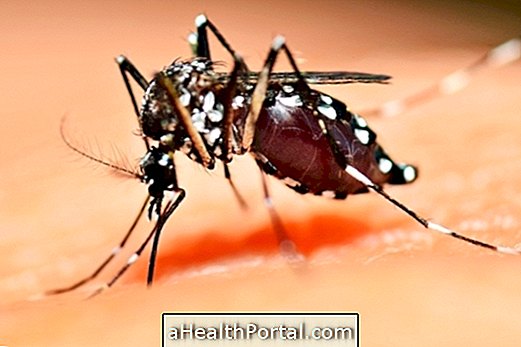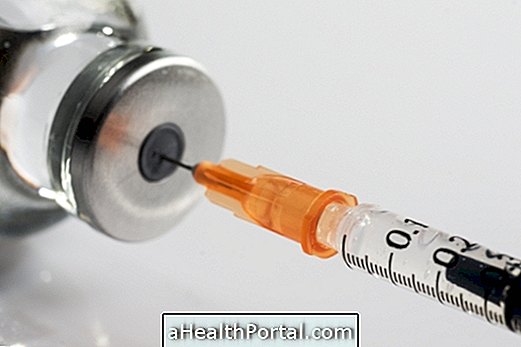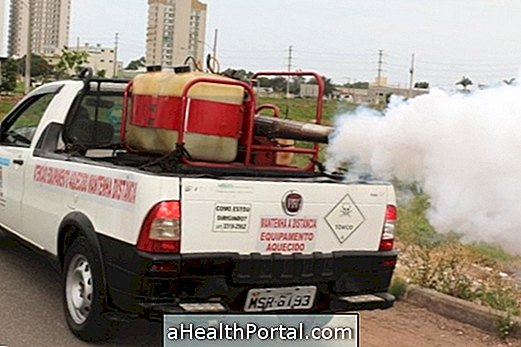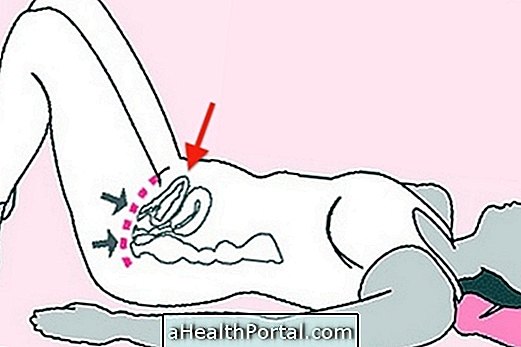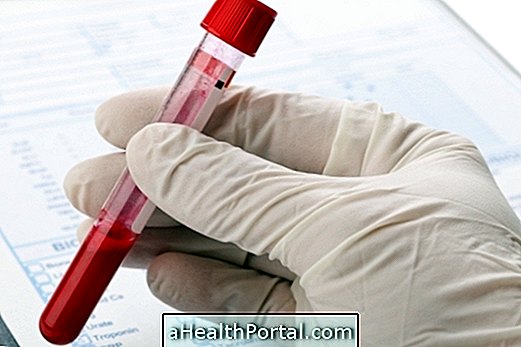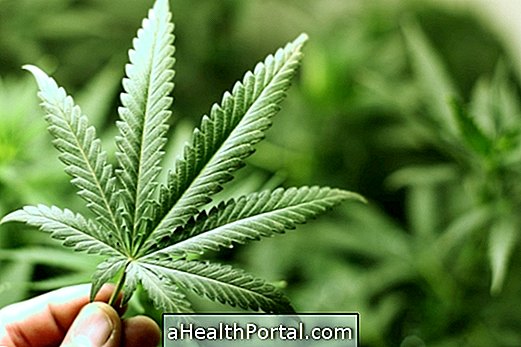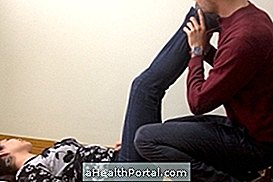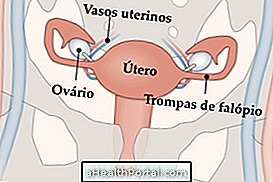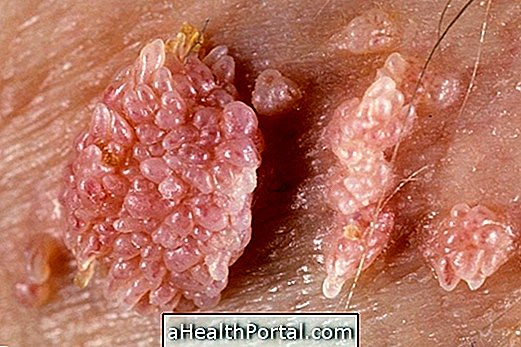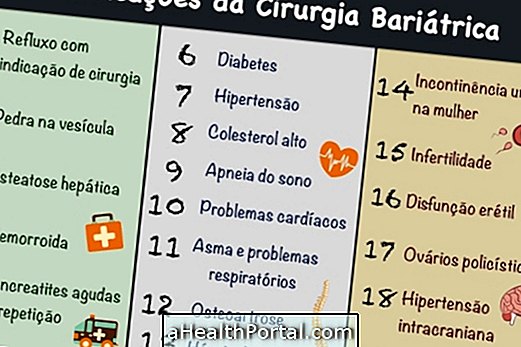Hemorrhagic dengue occurs after the first contamination with the dengue virus, being a very serious disease that causes bleeding by the body and there is risk of death if the person does not receive the appropriate treatment.
We answer here 5 common doubts about hemorrhagic dengue fever.
1. How do you get hemorrhagic dengue?
Haemorrhagic dengue is caused by the sting of Aedes Aegypti that transmits the dengue virus. Most of the time the person has had dengue at least once and when it is contaminated again, which only happens when it is infected by another dengue virus, dengue hemorrhagic develops.
Between the 1980s and 1990s, the most common virus circulating in Brazil was dengue type 2 (DEN-2), but in recent years it has been observed that the most common virus has been dengue type 3 (DEN-3). This means that a person who had dengue fever in the 90's and has the disease again now has a high risk of having hemorrhagic dengue.
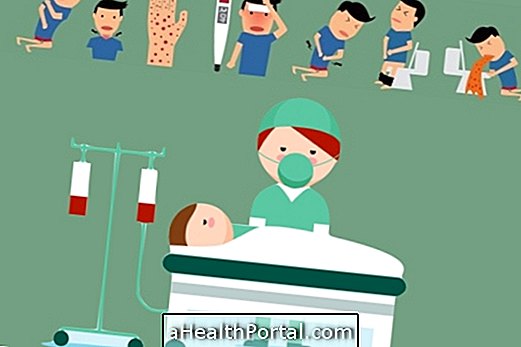
2. The first time is never dengue hemorrhagic?
Although it is more rare the hemorrhagic dengue can appear in people who never had dengue, being that in this case the babies are the most affected. Although it is not yet known exactly why this can happen, it is known that the person's antibodies can bind to the virus, but can not neutralize it and so it continues to replicate very quickly and causing serious changes in the body.
3. Can hemorrhagic dengue be caused by the use of the wrong medicine?
Yes. The use of inappropriate medicines based on acetylsalicylic acid such as ASA and Aspirin in the case of dengue can lead to hemorrhage because these medicines favor bleeding and hemorrhage, complicating the disease. Check out a table with several names of remedies that can not be used in case of dengue.
4. Does hemorrhagic dengue kills?
Hemorrhagic dengue is a very serious disease that must be treated with hospital admission because it is necessary to have a vein remedy and oxygen mask. If treatment is not performed, hemorrhagic dengue may lead to death.
Hemorrhagic dengue can be classified according to its severity. There are 4 degrees of dengue hemorrhagic fever and the mildest one occurs when you can not see any external bleeding but the loop test is positive. In the most severe case there is the shock syndrome associated with dengue, with a high risk of death.
5. Does hemorrhagic dengue have a cure?
Yes. It is possible to treat hemorrhagic dengue fever and get completely cured, but for this, it is necessary to go to the hospital as soon as the first symptoms of dengue appear, especially if there is a lot of abdominal pain or bleeding through the nose, ears or mouth. One of the first signs that can indicate hemorrhagic dengue is the ease of getting purple marks on the body, even in small strokes, during a dengue fever or an intense dark mark at a place where you took an injection or took blood during dengue.

